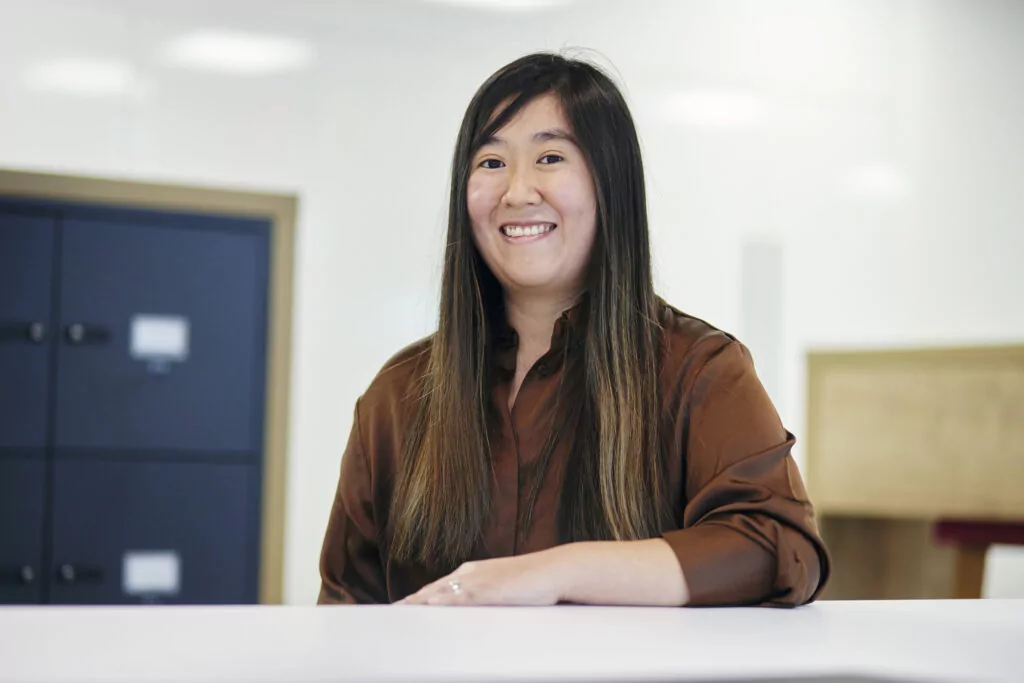
Imogen is a trainee solicitor who volunteers as a magistrate alongside her role with the firm. Imogen tells us what being a magistrate entails, her motivations for applying and how the firm supports her.
What does your role as a magistrate involve?
Magistrates are lay people who hear cases in their community and then judge and sentence defendants on a range of offences. These include speeding, driving without due care, shoplifting, assault, burglary, possession of drugs, domestic violence and more.
It’s a voluntary role and requires you to sit in court a minimum of 13 days per year. Magistrates usually sit as a ‘bench’ of three with a ‘Chair’ and two ‘Wingers’. We are directed by a legal advisor on points of law but have to exercise judgement when deciding a verdict of guilty or not guilty or what sentence to impose. Those decisions are made by magistrates on a majority vote after discussion in our retiring room.
What could a day in court look like?
I get into court at 9:30 for a 10:00 start to read through the court list for the day to familiarise myself with the criminal offences we will be dealing with and to check for any conflicts of interest (for example, an old school friend who was in for speeding!).
Depending on the court, we could be allocating cases to magistrates or crown court, deciding a bail application, judging on a trial or deciding on sentencing.
In a typical ‘traffic court’, we may get through 20 to 30 cases which will involve awarding fines or points for speeding or disqualifying drivers for accumulating 12 points.
If I am sitting in a trial court, we may hear from witnesses, watch CCTV or bodycam footage or read expert reports. Then the bench will decide whether the defendant is guilty or not guilty.
What made you want to come a magistrate?
I studied Psychology at the University of Bath but was particularly interested in the criminal justice system and perceptions of defendants. During a lecture I heard that you didn’t need legal qualifications to become a magistrate and that there was a real need for diversity on the bench.
So I applied! And much to my surprise (and even more to my grandpa’s surprise), I was successful. I was sworn into the magistracy in early 2018 and was the youngest magistrate in the South West at the time.
The magistracy has since made strides in gender equality with 56% of magistrates being female, but, in 2017 when I applied, 82% of magistrates were aged 50 and above and there were only seven magistrates in the South West in the 18-29 age bracket. This is something I am passionate about seeing changed and I hope to see an even more increased diversity on the bench in years to come.
What do you enjoy most about being a magistrate?
I like the sense of purpose, working with others from different backgrounds as a team, and challenging myself and my own unconscious biases. But I particularly like seeing my perspective make a difference and adding something different to the debate.
Does being a magistrate help you in your role as a trainee solicitor?
As a magistrate, I read through lots of information on a case, distil it down to understand the issues in dispute and then make a judgement. We discuss the case as a bench and must be prepared to offer our point of view and argue for it when we disagree. Even if we agree, we must work together to decide an appropriate sentence and sometimes help craft how the Chair will deliver that sentence in court. This has allowed me to develop analytical, communication and teamwork skills which is highly useful in my role as a trainee solicitor.
How do you juggle your roles as a trainee and a magistrate?
Foot Anstey has been really supportive of my role as a magistrate through being flexible in how we manage this. My supervisors have all been understanding of me being out of the office one day per month and I utilise my Corporate Social Responsibility (CSR) Days for some of my sittings.
I would really recommend applying to become a magistrate. There is a need for diversity on the bench, be that in terms of age, disability, race and ethnicity, or sexual orientation. You also gain valuable skills and experience, and it’s a great way to serve the local community. You can apply via the Gov.uk website.
Visit our Careers page.













